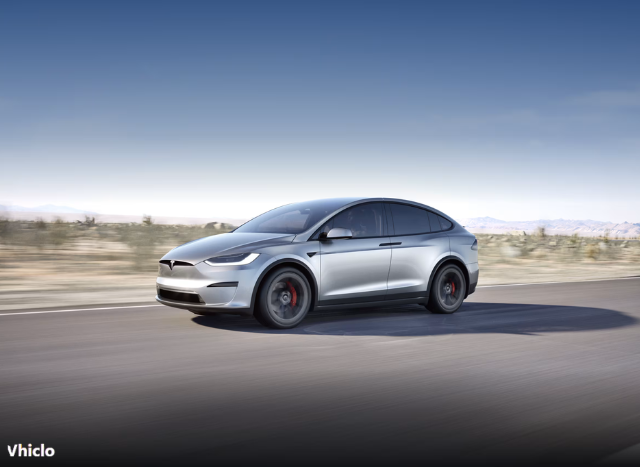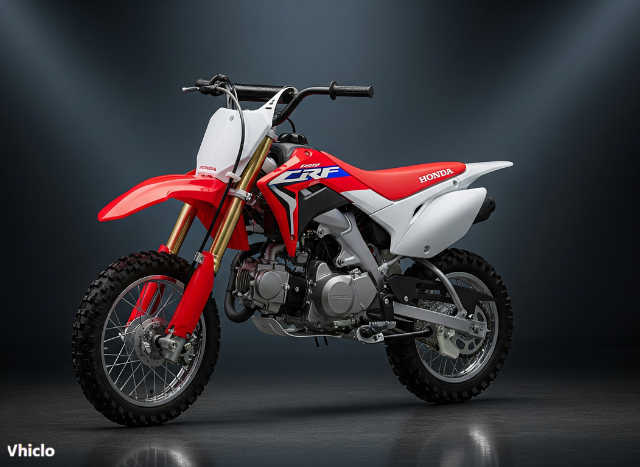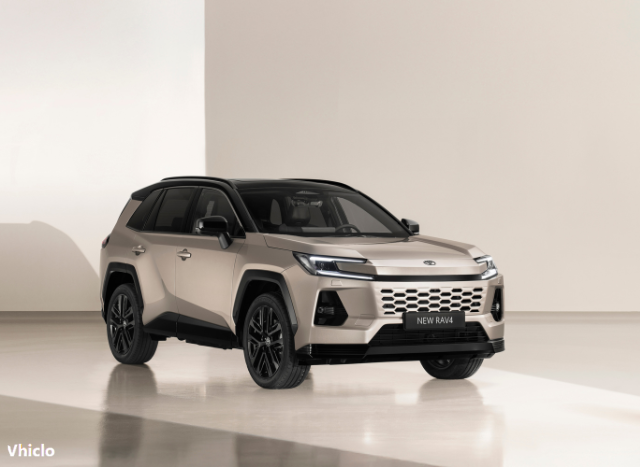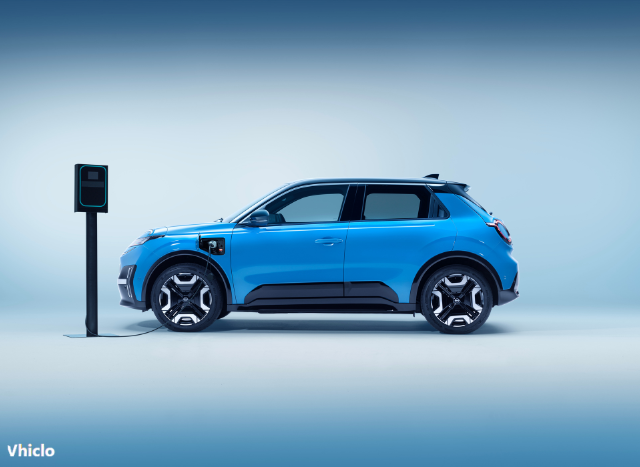Tesla sees dramatic fall in European sales amid rising EV demand, political protest, and increased global competition
Tesla sales in Europe plummet by a whopping 49% during the first half of 2025, according to new data published by the European Automobile Manufacturers’ Association (ACEA). Although Europe’s broader electric vehicle (EV) market is expanding, Tesla is seeing a precipitous decline in market share across the continent.
The report indicates that Tesla managed to sell just 19,046 vehicles in January and February 2025, down from 37,311 units for the same months in 2024. The precipitous drop comes as total battery-electric vehicle (BEV) sales in Europe increased by 28.4%, reflecting a disquieting dichotomy between Tesla’s performance and the momentum of the broader EV sector.
Contents
Aging Model Lineup and CEO Controversy Weighing on Tesla in Europe
Industry analysts argue that Tesla’s declining fortunes in the EU market are to be blamed on several colliding factors. The key issue among the ones at the forefront is an aging Tesla model lineup, which currently finds itself facing mounting competition from increasingly diversified, tech-loaded options provided by multinational automobile manufacturers.
Aside from product fatigue, Tesla is also facing growing political backlash in Europe, particularly after CEO Elon Musk openly endorsed Germany’s far-right Alternative for Germany (AfD) party in the recent national elections. The support drew widespread criticism from German politicians, media, and the general public, leaving the brand image unfavorable in one of its most significant markets.
The backlash is followed by other political controversies involving Musk, including his support for the now former U.S. President Donald Trump and his involvement in rebranding U.S. federal government agencies. These alignments have sparked consumer protests and demonstrations at Tesla car dealerships and vehicles across the U.S. and Europe.
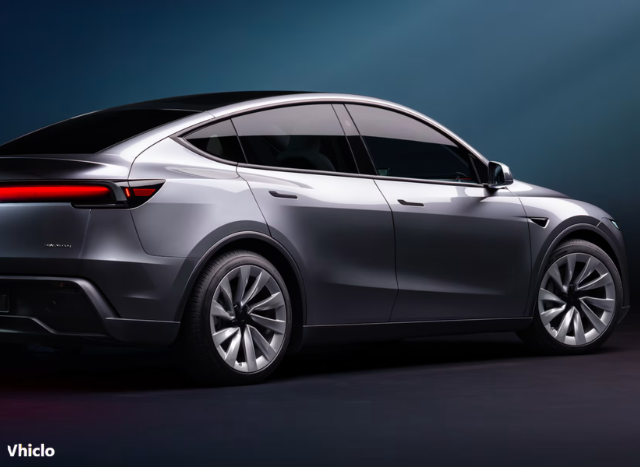
Tesla Faces Sustained Competition from Foreign EV Makers
Tesla’s European sales suffering is compounded by the emergence of new, incursive competition in China. Out front is BYD, just reporting all-time highs. For its 2024 annual report, BYD reported 777.1 billion yuan ($107 billion) in revenues, headed up by a 40% sales increase of electric and hybrid vehicles.
Earlier this month, BYD introduced an ultra-fast EV charging system, claiming it can charge range nearly as quickly as refueling a standard gasoline vehicle. This innovation will surely shift consumer focus to companies offering quicker charging and a greater variety of models, challenging Tesla’s years-long monopoly.
Worldwide Sales of Tesla Also Plunge
Tesla’s issues are not confined to Europe. The carmaker is currently in a global sales downturn, logging its first annual sales decline in over 12 years as of January 2025. Among the major issues is the Tesla Cybertruck, which was saddled with severe reliability issues upon its launch.
The Cybertruck has already been recalled eight times, most recently last week. Tesla issued an enormous recall involving nearly all Cybertrucks shipped to date due to body panel concerns—specifically, trim panels on either side of the windshield that could detach while driving.
Key Highlights:
- Tesla sales fall by 49% in Europe during the first two months of 2025, selling a paltry 19,046 units.
- This is compared to a 28.4% increase in overall electric vehicle sales in Europe.
- Analysts attribute the decline to an older model lineup for Tesla and the political affiliations of CEO Elon Musk.
- Chinese EV giant BYD recorded record revenue and unveiled faster-charging EV technology, piling on the competition.
- Tesla is suffering from a global slowdown, having issued multiple Cybertruck recalls and experiencing its first annual drop in sales in more than a decade.
The sudden drop in Tesla sales throughout Europe only reflects the broader trend dominating the global electric vehicle market, one in which competition is accelerating, consumer desire is growing, and political missteps have commercial consequences. While other EV manufacturers, especially Asian ones, continue to move at breakneck velocities in terms of innovation and price competitiveness, Tesla must redesign its product strategy and brand identity to regain lost ground in Europe and beyond.
Automotive industry expert and editor of Vhiclo, specializing in car news, EV technology, and in-depth vehicle analysis. With years of experience in the field, Koutaibah provides trusted insights for enthusiasts and professionals alike.
